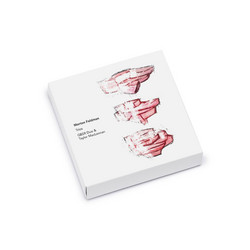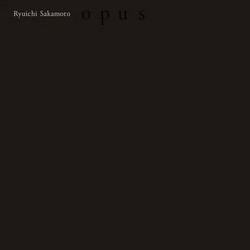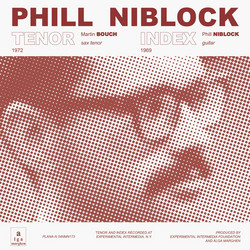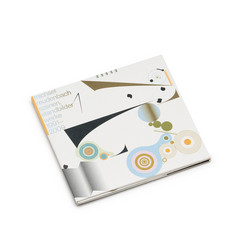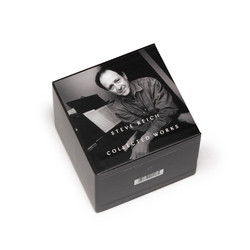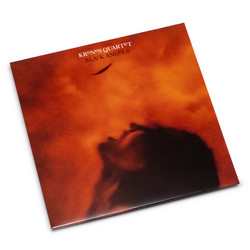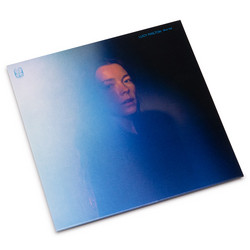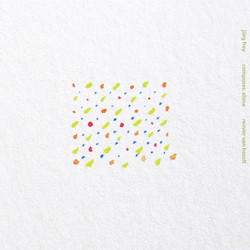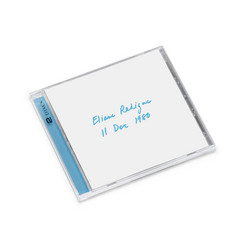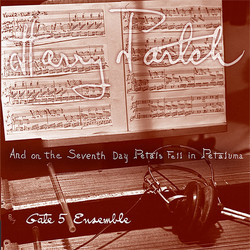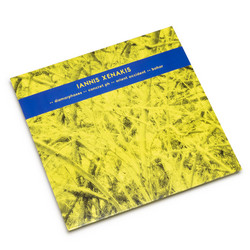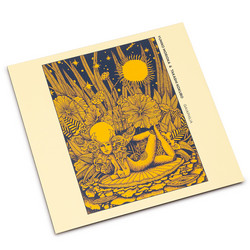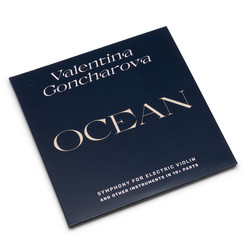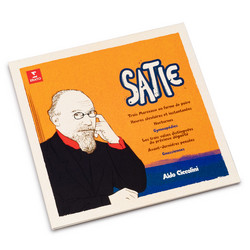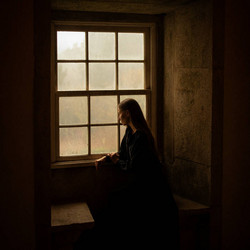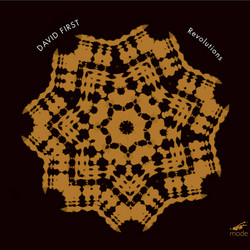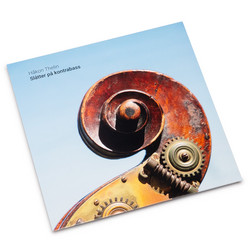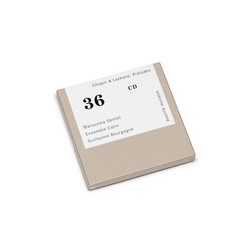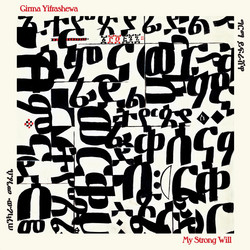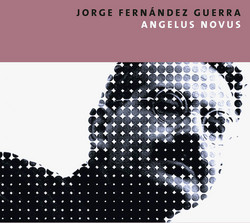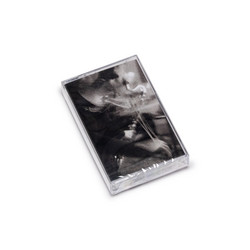Isabella Gellis makes a striking entrance onto the contemporary music scene with The Dissolute Society Comprised of All Sorts, a solo piano epic played by Joseph Havlat. Gellis, a British-Canadian composer celebrated for her inventive acoustic writing and absurdist edge, crafts a work that cannibalizes and reimagines Biber’s baroque gestures, treating historical source material as both touchstone and plaything. The music is laced with sly wit and vivid tactility: passages dart from ceremonial grandeur to moments of bare, playful eccentricity. Gellis positions the piano not just as a narrative voice, but as a space of shifting perspectives, inviting listeners to consider each gesture as both a memory and a transformation. It’s a piece that dances on the border between homage and subversion, echoing the composer’s fascination with forgotten or disguised sounds, and the sincerity behind the silly and surreal.
Throughout the album, Havlat’s pianism brings the music’s duality into sharp relief—his touch evoking clarity one moment, then plunging into wild, almost burlesque textures the next. There’s a keen sense of structure, but Gellis has no fear of detour or contradiction; the result is a journey that feels continually surprising yet coherent in its odd logic. Part of what makes the work so engaging is its willingness to foreground the personality of both composer and performer, suggesting not only a dialogue with the past but a kind of communal invention in the present. The album maintains an intimate, tactile atmosphere, as if inviting the audience to eavesdrop on private play and provocation.
Gellis, who has garnered awards from the Royal Academy of Music and commissions from leading festivals and ensembles, assembles here a work that is as much about process as product, as much about sound’s capacity for humour as its potential for haunting. The Dissolute Society Comprised of All Sorts affirms Gellis’s position at the forefront of young composers embracing experimentation without pretension, and playfulness without triviality. This recording is a rare example of contemporary classical music that delights in both erudition and immediacy, showing just how malleable tradition can be in the right hands.
